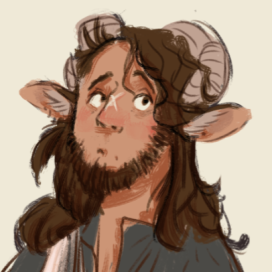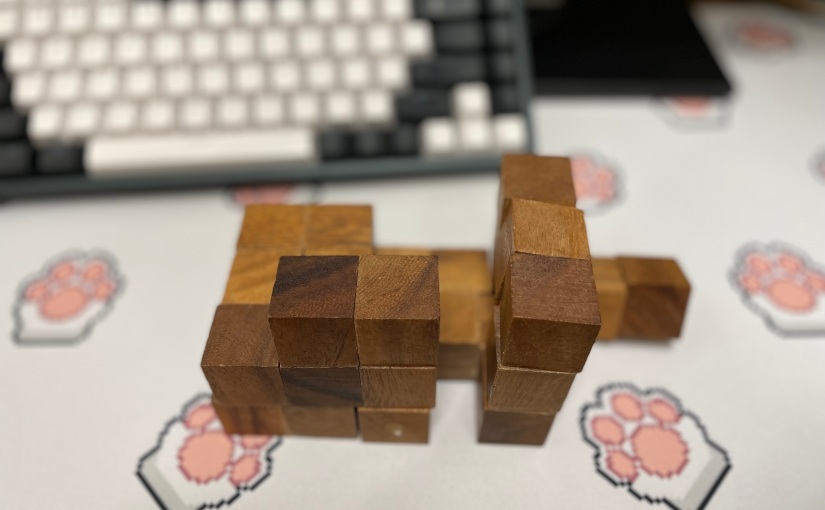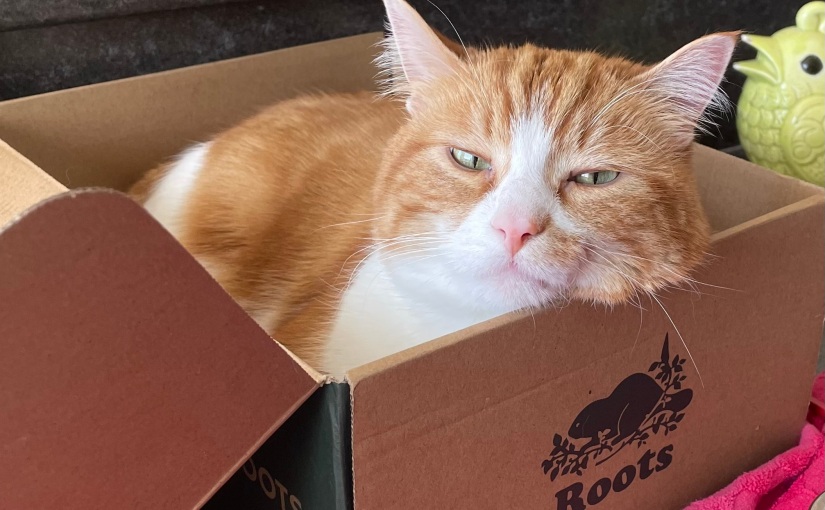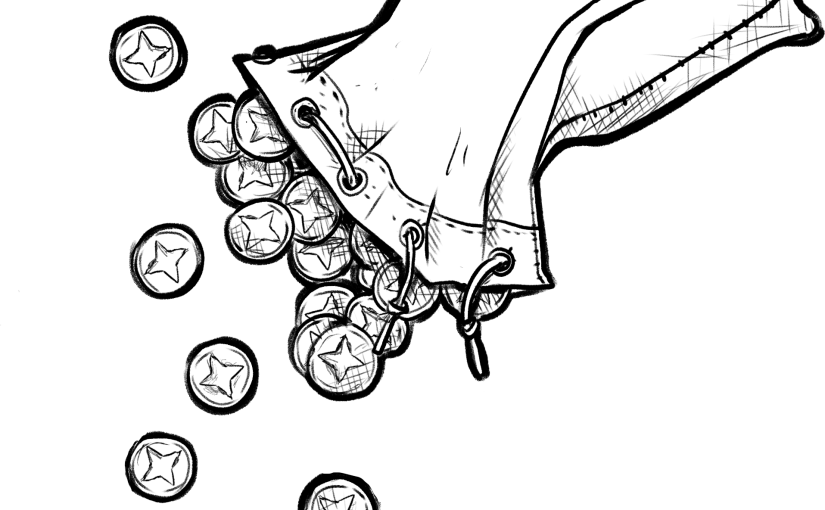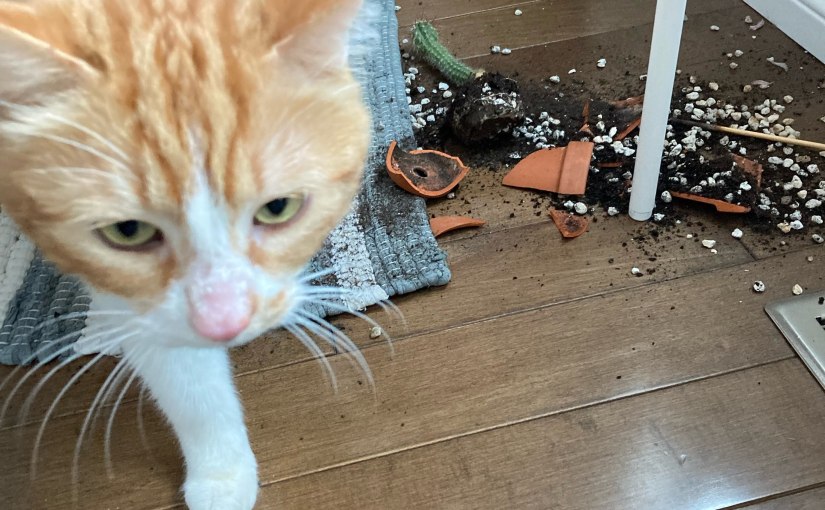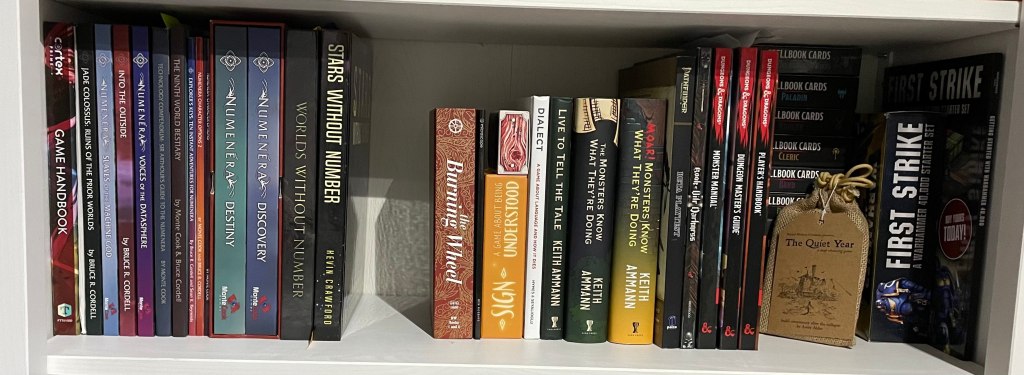Or can be – anyway. This is probably very obvious, but it didn’t click with me until yesterday.
I actually didn’t plan on writing adventures or designing games. I think there’s a quote on a game Discord somewhere from last year that says I didn’t want to ever try. I never actually thought I was capable of (good) game design – mostly because I’m not very “tactically”-oriented. I never know how to figure out synergy during character generation or “min-maxing” as they say when doing character “builds”. I just pick stuff that looks cool or fun or thematic and run with it. I never paid attention to how things worked, per se, or thought about why something was fun (though I do that often, now). I didn’t think I had the brain for game design – I didn’t have experience analysing games like that.
But now that I’m actually making things (I have launched a whole-ass studio), I realise that you’re just answering questions, or making mechanics that back up whatever “thesis” statement you’re trying to argue for. The problem isn’t “how do I design death mechanics?” or “what existing method should I choose?” but “how can I make death impactful?” or “how could I solve the problem of wanting characters to avoid death but still have it on the table as a possibility?”. I might not be making clear what distinction there is exactly between those things, but finding out that there is a distinction is what changed things for me. Game design is just solving a puzzle – and I like puzzles.
See, I solve puzzles all the time. I look at goals – what I want to achieve, and build backward; not only when I’m running games or writing scenario hooks, but in my job, when making art, or when I’m fixing my computer! That’s game design, too! There are some problems that benefit from an extra set of eyes, or looking at existing solutions and building off of them, but that’s still just methods of problem-solving! It’s not that you’re designing things, you’re answering questions (and asking them), and solving the overarching problem of “how do I do this and still make this fun”?
Anyway, just a short thought for now. Focusing my creative energies on other writing projects…
